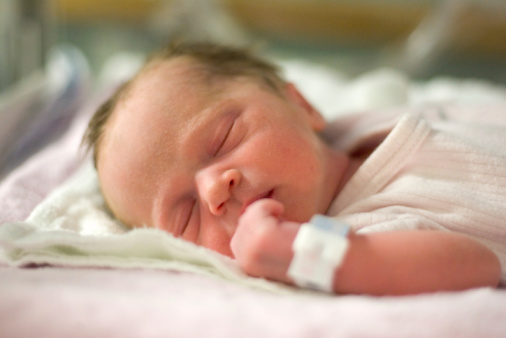Stockholm, Sweden—Researchers from Sweden (Umeå University and Karolinska Institute) published new data in Pediatrics indicating that iron supplements may help ward of behavioral problems in children.
The team followed a group of 285 marginally low-birth-weight (LBW, 2,000–2500 g or 4.4–5.5 lbs) infants from the ages of six weeks through six months. The medical community believes LBW babies are at increased risk of cognitive and behavioral problems and also iron deficiency (which may be related to weakened neurodevelopment).
The babies were given one or two mg/kg everyday of iron or a placebo during the study period, and then they assessed their intelligence and behavior once the children turned three-and-a-half years old. A control group was also established. The IQs of all the children were more or less equal (104.2–105.2), but the behavior of LBW babies that took iron supplements scored better than those than who did not. Based on the Child Behavior Checklist (CBCL), in which parents rate children on any behavioral and emotional problems, nearly 13% of the placebo group scored above the subclinical cutoff. In contrast, just about 3% of each of the iron and control groups fell into this area.
In conclusion, the researchers believe “the study suggests a causal relation between infant iron deficiency and later behavioral problems.”
Published in WholeFoods Magazine February 2013 (online 12/21/12)










